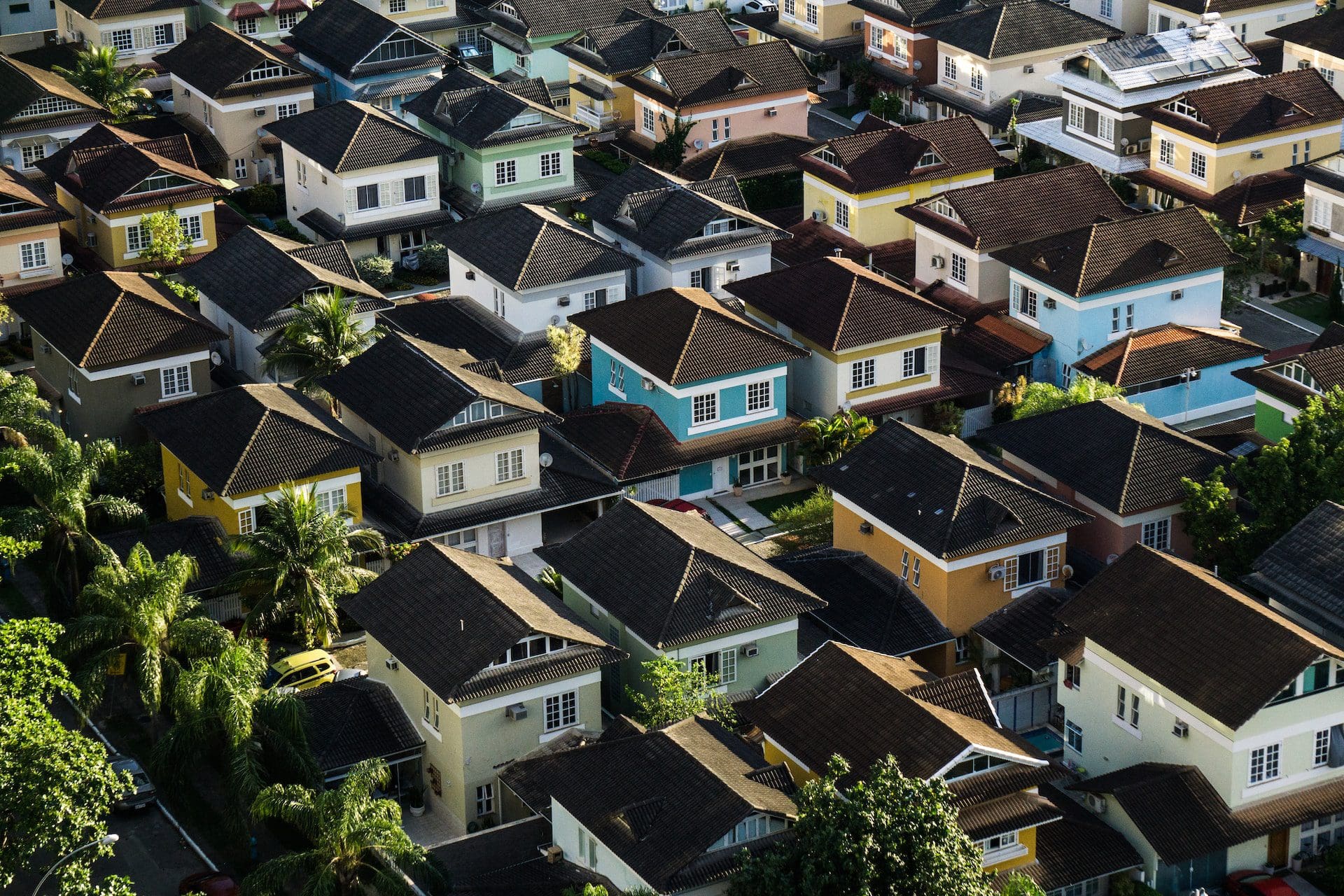See original post here.
Guaranteed basic income could make a dent in the ongoing homelessness crisis in San Francisco, advocates say, and an ongoing program seeks to measure the impact of monthly payments to people who are currently unhoused.
Driving the news: Miracle Messages, a nonprofit that aims to help unhoused people rebuild social support networks, is conducting a yearlong basic income program, Miracle Money, in which participants in the San Francisco Bay Area and Los Angeles get $750 a month for a year.
- The roughly $2 million program is funded through donations and grants from local philanthropists, as well as Google’s philanthropic arm.
Why it matters: Like many large cities on the West Coast, San Francisco has a homelessness crisis, and guaranteed basic income programs could be “a core strategy in addressing homelessness,” Jennifer Friedenbach, executive director of the Coalition on Homelessness, told Axios.
“Many unhoused families in the city are able to self-resolve their challenges if they can just get some basic financial stability,”
Jim Pugh, co-director of the Universal Income Project, told Axios via email.
What’s happening: The program, which started dispersing money to people last June, has so far onboarded 70 people on a rolling basis and expects to reach 100 participants in total throughout the Bay Area and Los Angeles, Kevin F. Adler, founder and CEO of Miracle Messages, told Axios.
- At least a dozen people have already secured housing thanks to their monthly stipends, he said.
- By the end of the current program, Adler said, Miracle Money will have given out more than $1 million directly to unhoused individuals.
Flashback: Miracle Money’s first pilot launched in December 2020 in the Bay Area. Of the nine unhoused people in the program, six were able to secure stable housing thanks to the $500 monthly stipend they received for six months, Adler said.
- “They used the money better than I could have used it for them,” he said. “We saw most of the money going to rent, housing, food security, paying down debts, storage, family emergencies and health.”
The big picture: Cities throughout the country, including Denver and Des Moines, have begun experimenting with basic income programs as a way to better support those experiencing poverty.
- Advocates cite studies that show the cash guarantees are more efficient than programs that greatly dictate the terms of assistance.
- Yes, but: A two-year program in Finland that gave monthly payments to 2,000 unemployed people was viewed as a failure since so many remained unemployed at its conclusion, Axios’ Jennifer Kingson reported.
Between the lines: San Francisco, in March, announced a $2 million investment in the Trust Youth Initiative, a program that involves giving 45 people aged 18 to 24 who are experiencing homelessness monthly payments of $1,500 for two years, Emily Cohen, a spokesperson with the city’s department of homelessness, told Axios via email.
What to watch: As part of Miracle Money, Adler and his team are working with researchers from the University of Southern California to evaluate the impact of social support both with and without basic income.
- Some of the pushback around basic income programs is the idea that recipients will spend the money on drugs or alcohol, and will end up doing more harm than good, he said.
- Yes, but: “Our theory,” Adler said, “is that by not only investing in individuals but coupling it with relationships and social supports, people will see really good outcomes that probably are going to be more cost-effective than a lot of other programs that are out there.”




















